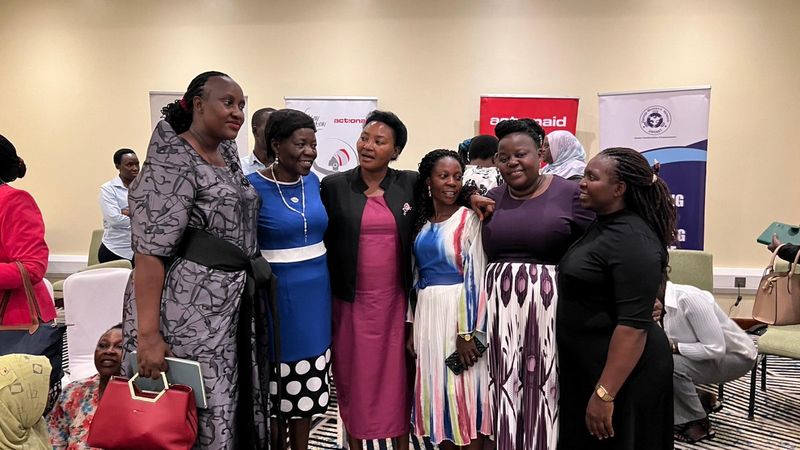
Politics
Women Leaders Demand Tougher Electoral Reforms to Curb Bribery, Violence Ahead of Uganda’s 2026 Polls
As Uganda moves closer to its 2026 general elections, prominent women leaders and civil society activists are calling for urgent and far-reaching electoral reforms to curb political bribery, violence, and entrenched exclusion that continue to undermine the country’s democratic fabric.
At the Women, Peace, and Security (WPS) meeting held at Hilton Garden Inn in Kampala, former Leader of the Opposition in Parliament, Hon. Winnie Kiiza, made a bold call for legal reforms to bar any individual found guilty of electoral violence or bribery from holding public office or contesting in future elections.
“If someone goes to court and it’s proven that they engaged in electoral violence or bribery, they should never be allowed to run for office again,” Kiiza said. “People have died due to this impunity. It must stop if we are to build a Uganda for all.”
Kiiza decried the growing monetisation of elections, warning that it was rendering political participation increasingly inaccessible for many, particularly women. She said women are disproportionately disadvantaged due to economic constraints and deep-rooted cultural norms.
She further noted that civic education efforts often fail to reach women, who are traditionally caregivers and may not be in spaces where such information is disseminated.
“They are in kitchens, at hospital bedsides, and many are told who to vote for by their spouses,” she said, calling for early civic and voter education campaigns targeting rural women and marginalised communities.
Kiiza cited escalating violence during internal party primaries—especially within the ruling National Resistance Movement (NRM)—as a worrying indicator of potential unrest in the upcoming general elections.
“If party primaries are this violent, what will happen during the general elections involving multiple political parties?” she asked.
Statistics from the Uganda Police Annual Crime Reports showed over 300 election-related violence cases in 2020, and more than 500 in 2021—many involving women as victims. Kiiza urged stronger legal deterrents, with political consequences beyond fines.
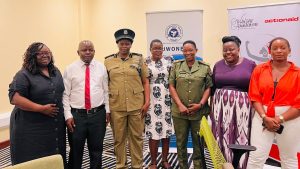
The event also served as a reflection on Uganda’s implementation of the third National Action Plan (NAP III 2020–2025) on Women, Peace, and Security. Ritah Aciro Lakor, Executive Director of Uganda Women’s Network (UWONET), warned that the goals of the WPS agenda were falling short. “You cannot talk about peace and security without involving women,” Aciro said. “Women must be at the heart of peacebuilding, not just as survivors of conflict, but as decision-makers and mediators.”
She also highlighted barriers facing women with disabilities, displaced women, and those affected by climate change, calling for their inclusion in peace and governance discussions. Aciro stressed the need to reposition women’s voices as Uganda transitions into the NAP IV framework.
Emmanuel Omen of ActionAid International Uganda echoed the call for inclusion, noting research that shows peace agreements are 35% more durable when women are involved. “Addressing these gaps is about sustainable peace, not just equity,” he noted.
Albert Mwesigwa, a peacebuilding consultant, underscored the role of women in Uganda’s conflict resolution history, citing notable figures such as Betty Bigombe and the Acholi and Teso women who helped convince fighters from the Lord’s Resistance Army (LRA) to lay down arms. “Women’s organisations increase the success rate of peace processes by up to 64%,” Mwesigwa added.
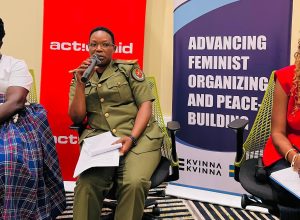
Maj. Jacquelyn Nakayenze of the Uganda People’s Defence Forces (UPDF) Gender Unit acknowledged that while women are increasingly involved in command and peacekeeping roles, their numbers remain limited. She called for deliberate recruitment, gender-responsive training, and recognition of trailblazers like Brig. Gen. Charity Bainababo and Col. Edith Nakalema.
As Uganda approaches a critical electoral period, the message from women leaders is clear: without inclusive governance, gender-sensitive reforms, and stronger enforcement against electoral malpractice, the promise of peace and democracy remains out of reach.




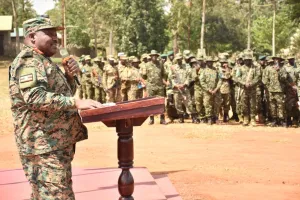
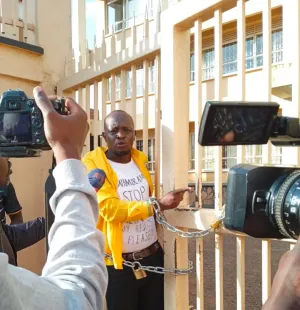





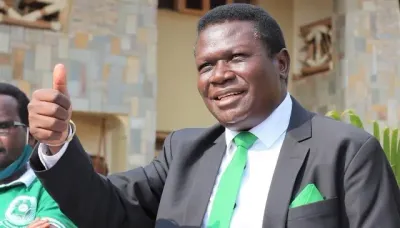
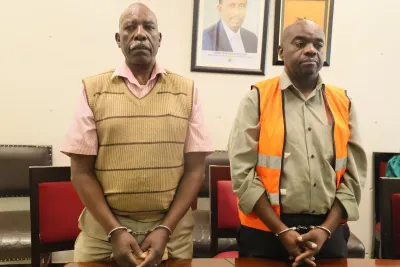
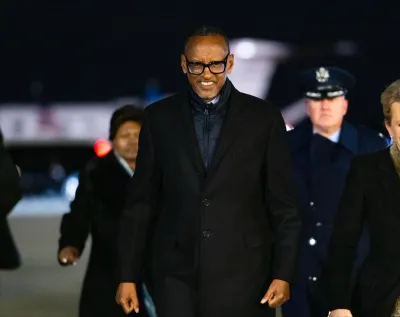
Paul Rubongyera
Leave a Comment
Your email address will not be published.